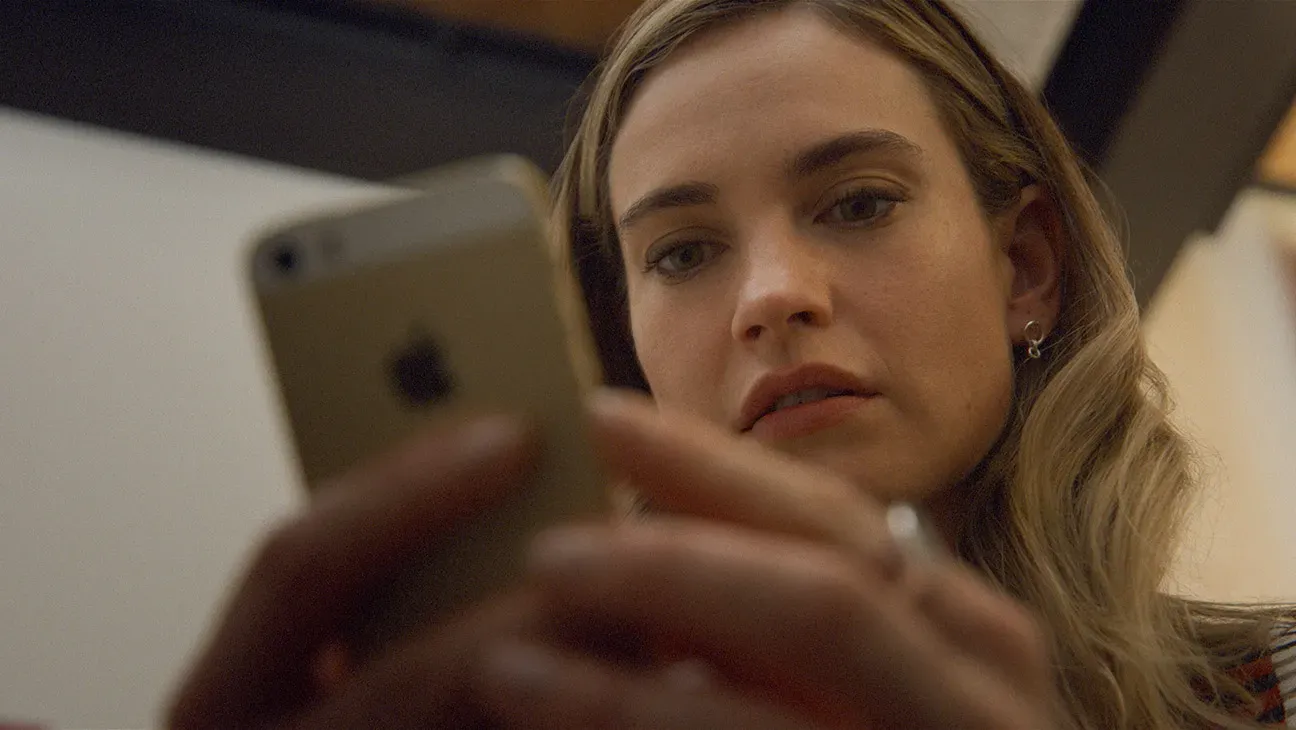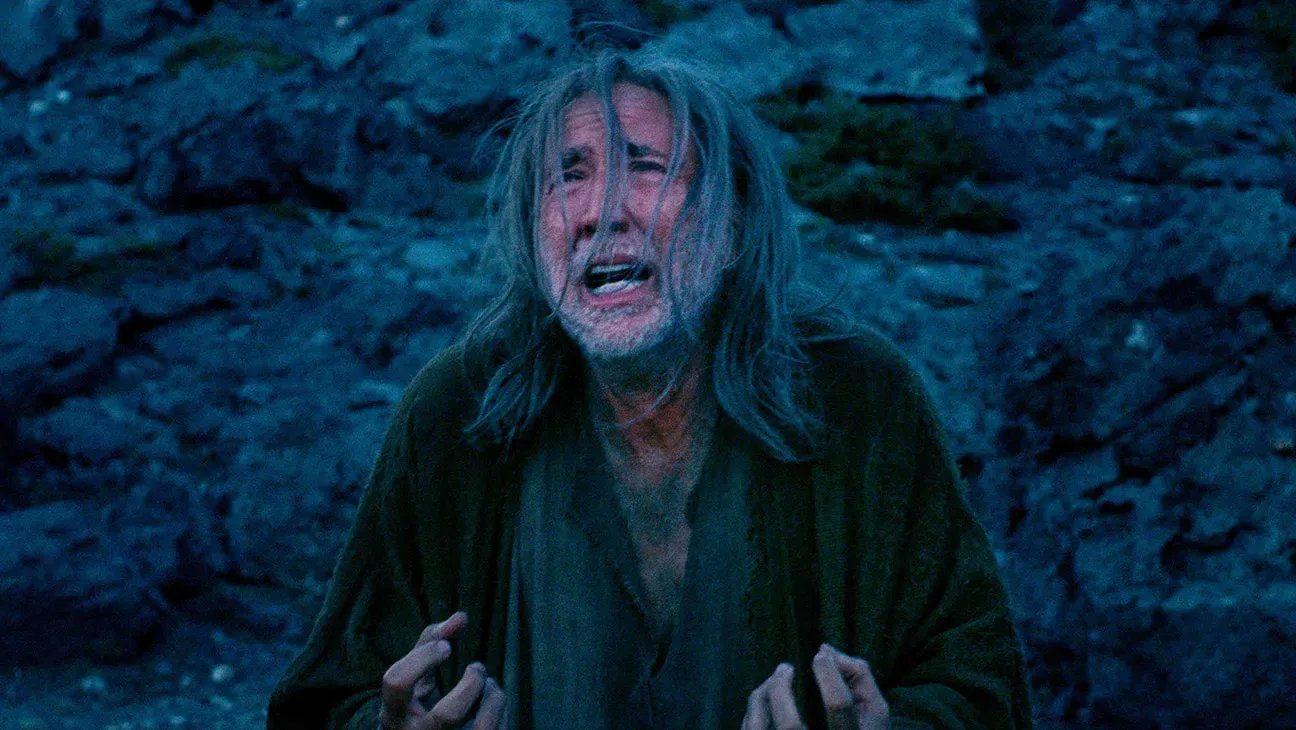
From Flirts to Friction: An Examination of “Swiped”
- Sep 16, 2025
If you take a first glance at "Swiped," a film directed by the creative mind of Unpregnant's Rachel Lee Goldenberg, you might conclude it's a delightful rom-com. It starts with the classic scenario: a determined girl gate crashes an exclusive gathering and after a series of unfortunate encounters, strikes up a romance with a charming man who’s different from the rest. However, "Swiped" is far from the usual rom-com narrative.
Instead, it serves as a compelling bio-drama. The narrative focuses on a game-changing app, known either as a love-bringer or love-killer depending on your dating app luck. While the film's conclusion emits a victorious atmosphere, its underlying message of empowerment gets somewhat lost amidst weak dialogue. "Swiped" excels best in portraying the often toxic ambiance surrounding these apps.
Let's talk about our leading lady. Lily James plays the role of Whitney Wolfe, whose name will subsequently become synonymous with tech royalty, the co-founder of Bumble. However, initially, she’s an ambitious college graduate aspiring to make it big. She clicks with Sean (Ben Schnetzer), co-founder of a moderately successful incubator, not romantically, as you might expect, but professionally.
Whitney's breakthrough job seems like the opportunity of a lifetime. Set in the exhilarating 2010 tech-boom, "Swiped" recreates the hip vibe of trendy workspaces, filled with joyrides for adults and dominated by casually dressed youth. Whitney is central to launching Tinder, bringing her praises and a glamorous job title upgrade. She also forms a close friendship with Tisha (Myha'la of Industry) and finds love with another co-founder, Justin (Jackson White of Tell Me Lies).

However, once the sweet bubble of romance bursts, things start spiraling downhill. The movie is especially gripping while dealing with Whitney’s journey, her rises and falls initiated not by her shortcomings, but rather a culture designed to protect some while marginalizing others. Misogyny is in full swing in this world of disruption. Whitney's professional prowess is often overshadowed by clients more interested in flirting than recognizing her pitch, or office chit-chat revolving around the attractiveness of the women on the app.
Inevitably, Whitney experiences antagonism from the company she helped elevate, starting with Justin, who undermines her and transforms into a threatening figure after their breakup. But the toxicity of the workplace is not limited to just him. There's the sleaziness of the dating app attracting female users' complaints about offensive messages and unwanted explicit pictures. "Swiped" reflects the frustrating reality when the company Whitney nurtured turns its back on her, sidelining her while tarnishing her reputation.
The film somewhat stumbles when picturing Whitney's return to success, relying on clichés and quick montages. While the first half offers depth in Whitney’s dealing with her failing job and romance, the second part tells a fairy-tale version of her ascension, morphing her into an infallible heroine from a realistic protagonist.
Undoubtedly, James does her best to depict this evolution, but the film gets an unexpected boost from an unlikely source - Dan Stevens, almost unrecognizable in a supporting role as the quirky and captivating Russian investor, Andrey Andreev. It's through his character that "Swiped" feels human and real amidst the fairy-tale-like plot. Despite these shortcomings, "Swiped" is far more than a simple girl-empowerment narrative. In fact, it offers a glimpse into a much deeper and intricate storyline.







